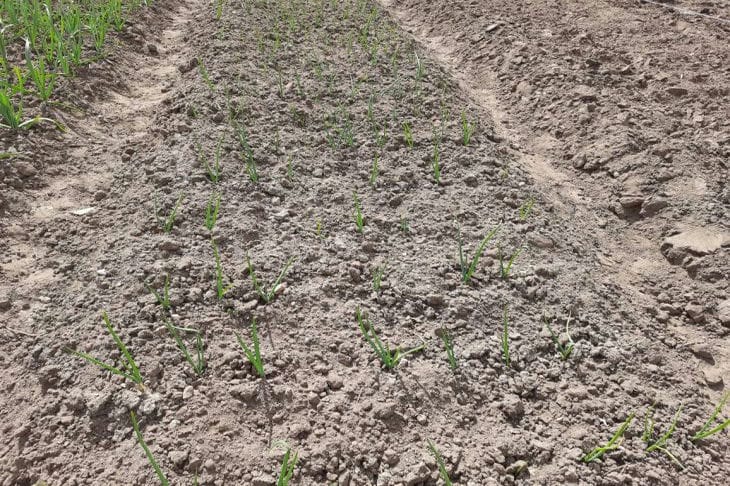Soil quality is one of the most important factors influencing plant growth and development.
Garden crops have different preferences for soil acidity.
Some plants prefer an acidic environment, while others, on the contrary, do not tolerate it and do not develop well in such soils, says Anastasia Kovrizhnykh .

Knowing the preferences of plants will help you plan plantings correctly and create optimal conditions for the growth and fruiting of garden crops.
Signs of acidic soil: how to determine
Acidic soil has a number of characteristic features by which it can be distinguished from neutral or alkaline soil.
Weeds such as sorrel, horsetail, and woodlice often grow on acidic soil. The soil has a light gray or whitish tint and absorbs water poorly.
When adding ash, a violent reaction with foaming is observed. To accurately determine the acidity of the soil, you can use special test strips or devices.
Plants that do not tolerate acidic soil: a list
Plants that do not grow well in acidic soil include most vegetable crops, such as tomatoes, peppers, eggplants, cucumbers, zucchini, pumpkins, beets, carrots, onions, and garlic.
In acidic soil, these plants poorly absorb nutrients, often get sick, and produce a low yield. Fruit trees and berry bushes, such as apple trees, pears, cherries, plums, currants, and raspberries, also do not like acidic soil.
How to Improve Acidic Soil: Deoxidation
To improve acidic soil, a deoxidation procedure is carried out. The most common method is the introduction of lime or dolomite flour.
These substances neutralize the acidity of the soil and enrich it with calcium and magnesium. The amount of lime or dolomite flour depends on the degree of soil acidity and mechanical composition.
Deoxidation is carried out in the fall or spring, evenly distributing the substance over the soil surface and then digging it up.
Alternative methods of deoxidation: ash, chalk
In addition to lime and dolomite flour, wood ash or chalk can be used to deoxidize the soil.
Ash contains potassium, phosphorus, calcium and other microelements useful for plants. Chalk is also a source of calcium. These substances are added to the soil when planting or used for mulching.
Earlier we wrote about how to get rid of bindweed in the garden.









